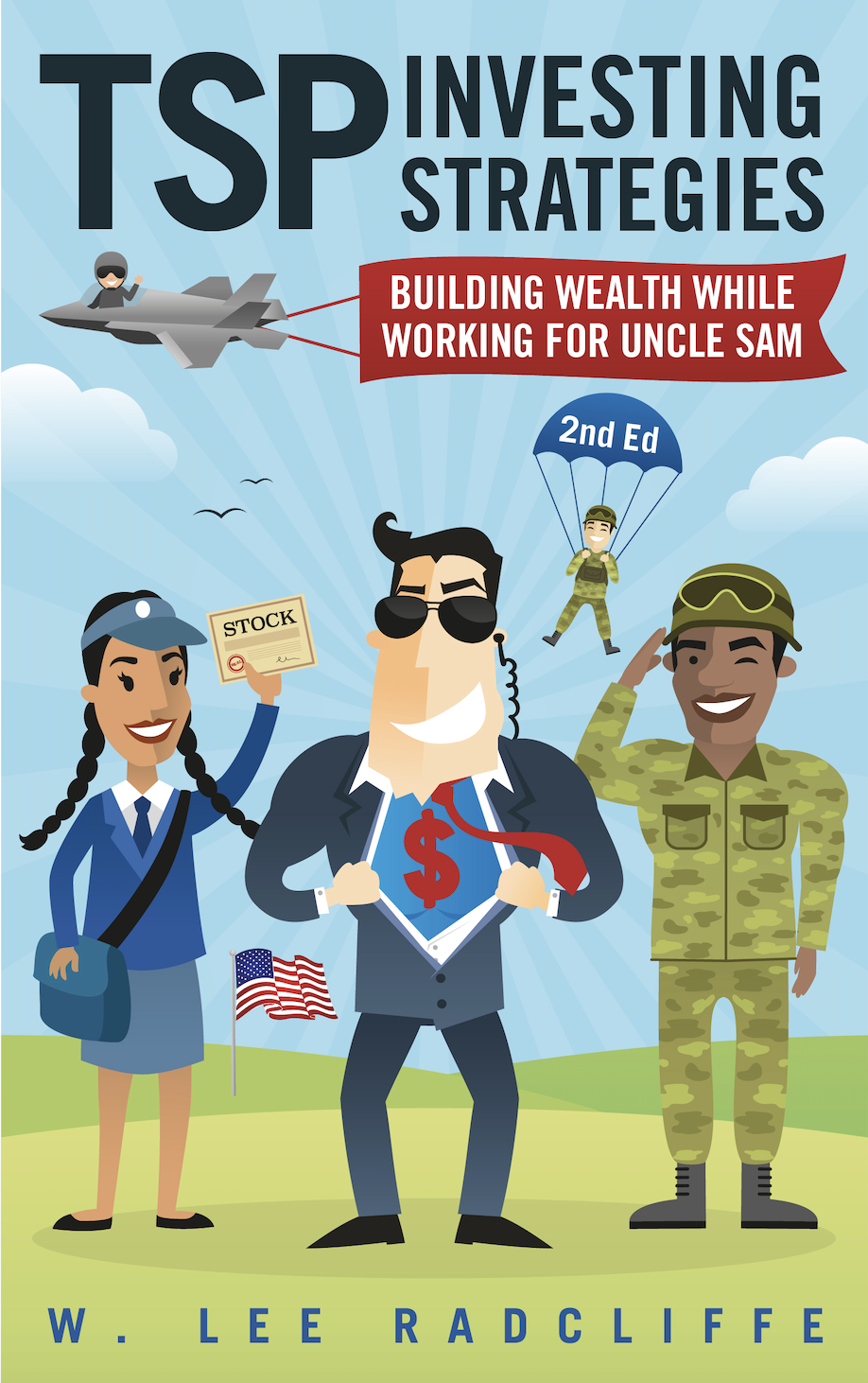Would You Halt TSP Contributions To Pay Off Debt?
August 22, 2017
Most civilian government workers - and now many uniformed personnel as well - receive a government match on their TSP contributions of up to 5% of their salary.
But would you forgo these benefits – particularly the government match – to pay off tens of thousands of dollars in debt instead? That is effectively what one recent Harvard Business School grad, Joe Mihalic, did a few years ago to pay off over $90,000 in student loan debt in seven months. Among one of the many steps he took was to stop contributing to his 401(k), even though his employer provided matching contributions. His story can be found here and here.
While it might be difficult to say “no” to free money, at least one prominent financial advisor advises to do just that, at least initially, to focus on paying off consumer debts as quickly as possible. Dave Ramsey, in step 2 of his seven-step plan to financial independence, recommends halting contributions to tax-advantaged accounts to focus solely on paying off all debts except the mortgage on one’s primary residence (that comes as part of step 6).
Other financial advisors consider this a mistake. But as Joe wrote on his blog, No More Harvard Debt, about taking on the debt, “…the only other time I had ever felt this alive was when I was a student-athlete rowing on the crew team at the University of Michigan.” And he calculated that he saved roughly $40,000 in interest over the life of the loan. The financial and spiritual benefits of paying off the loan seemed for Joe at least to have more than outweighed forgoing the several thousand dollars in employer-matching contributions over that half-year period. Something to consider for those facing significant personal debt.
Related topics: investing-styles long-term-investing debt